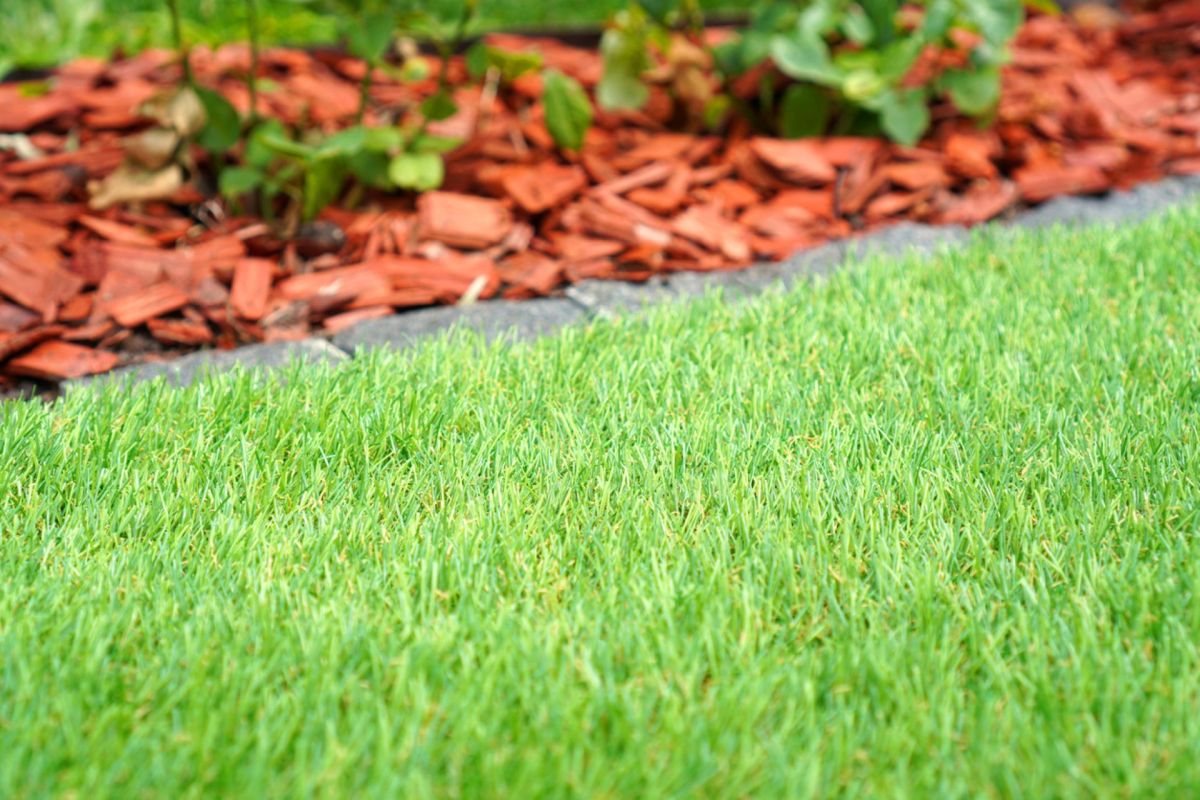When drought sets in, it's essential to limit water use at home. One way to do this is to avoid watering your lawn.
However, that leads to dry, brown grass and the death of plants. Not only is it an annoying and unfortunate way to undo a lot of hard work in the garden, but it also looks terrible.
One solution for many in drought-stricken areas — as the prevalence of extreme weather increases because of global heating — has been to invest in artificial grass, which is typically made from plastic and is not supposed to require water to keep it looking green (unless, of course, it melts in the heat.)
It may seem like a smart solution, but as more evidence emerges about the downsides of synthetic grass, one state is looking to restrict the sale of this material.
Los Angeles news website LAist reported that Democrats in the legislature in California are looking to pass bills that would discourage the takeup of fake turf.
Among the reasons for doing so are the potential health risks they pose, with artificial grass more often than not containing high levels of toxic "forever chemicals" known as PFAS, which can leach from the material in high temperatures and never break down.
"PFAS is absolutely bad for human health," Adam Smith, an associate professor of environmental engineering at the University of Southern California, told LAist. "Certainly, in terms of the drought, (synthetic turf) seems great, but there's all of these downsides."
Meanwhile, other chemicals in the synthetic grass, like bisphenol A (BPA), for example, have been linked to cancers, diabetes, and some neurological impairments, according to LAist.
Microplastics are also a concern, with continued wear on artificial grass from weather or footfall leading to plastic erosion that can be washed away by rain and enter water supplies — potentially harming animals by entering their bodies via ingestion, which can then eventually be passed to humans via food.
The material is also difficult to recycle, meaning most ends up in landfills at the end of use and contributes to the production of methane, a planet-warming gas.
Some Redditors have been hailing the news, with one saying, "Only an idiot would have ever thought this was good for people or the environment."
"So covering the land in plastic wasn't a good idea? Another big surprise," another added.
Meanwhile, other users espoused the benefits of native plants, suggesting these will be more resilient in weather conditions typical to your local area.
Join our free newsletter for easy tips to save more, waste less, and help yourself while helping the planet.









